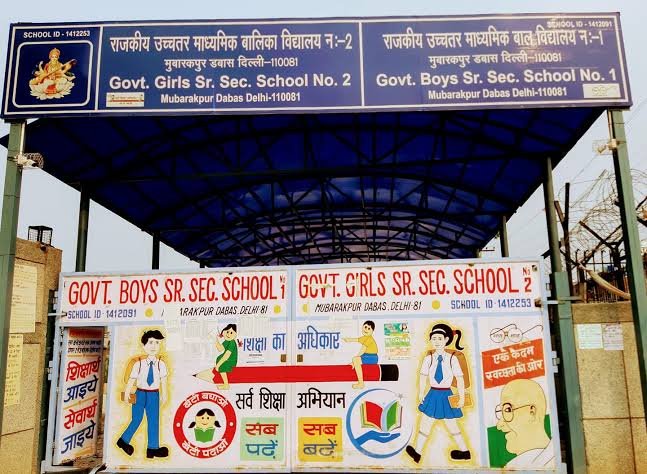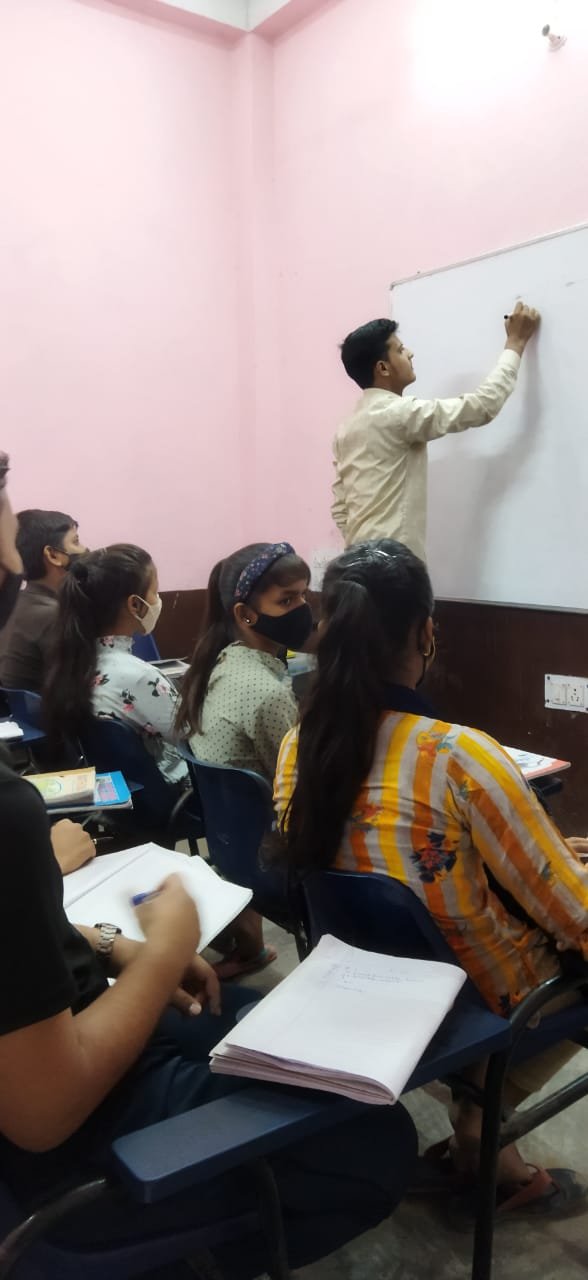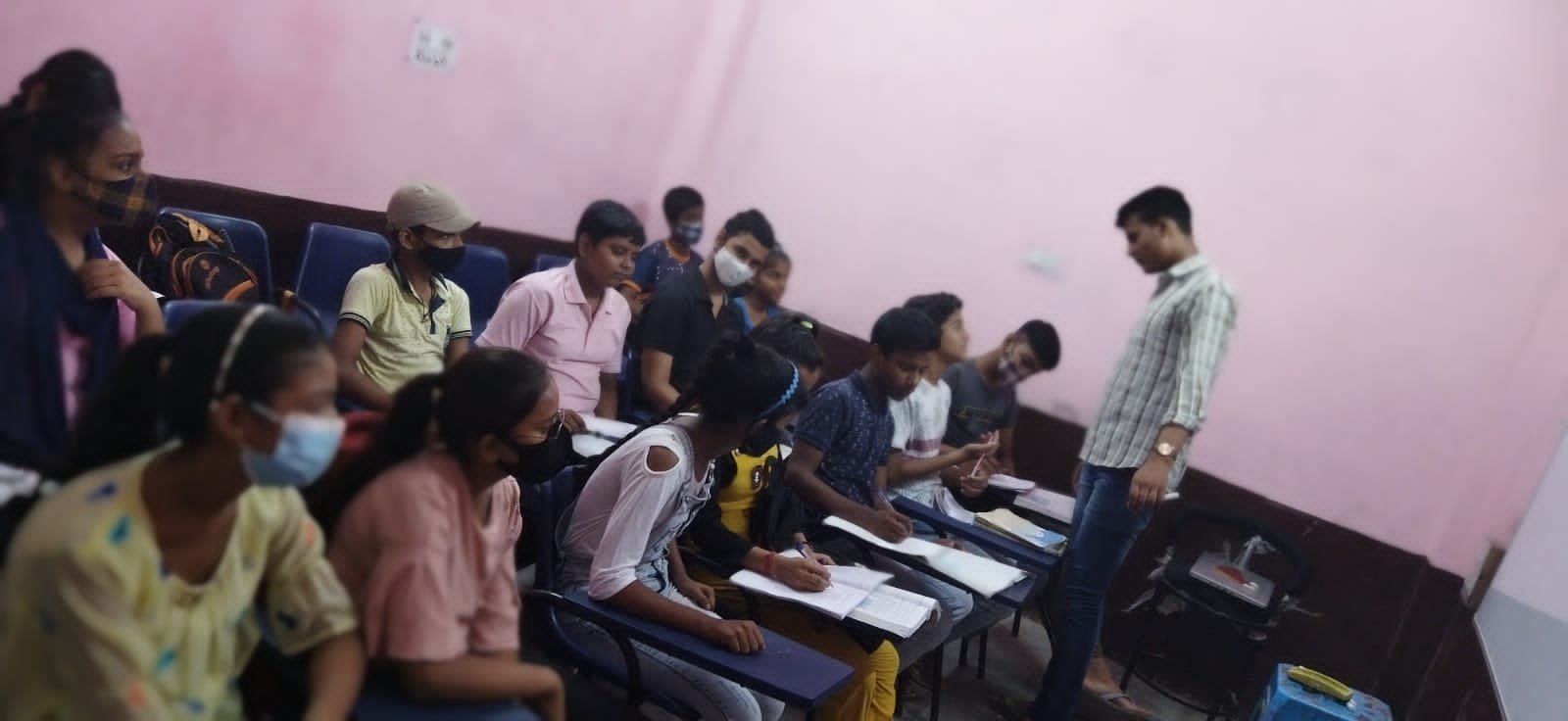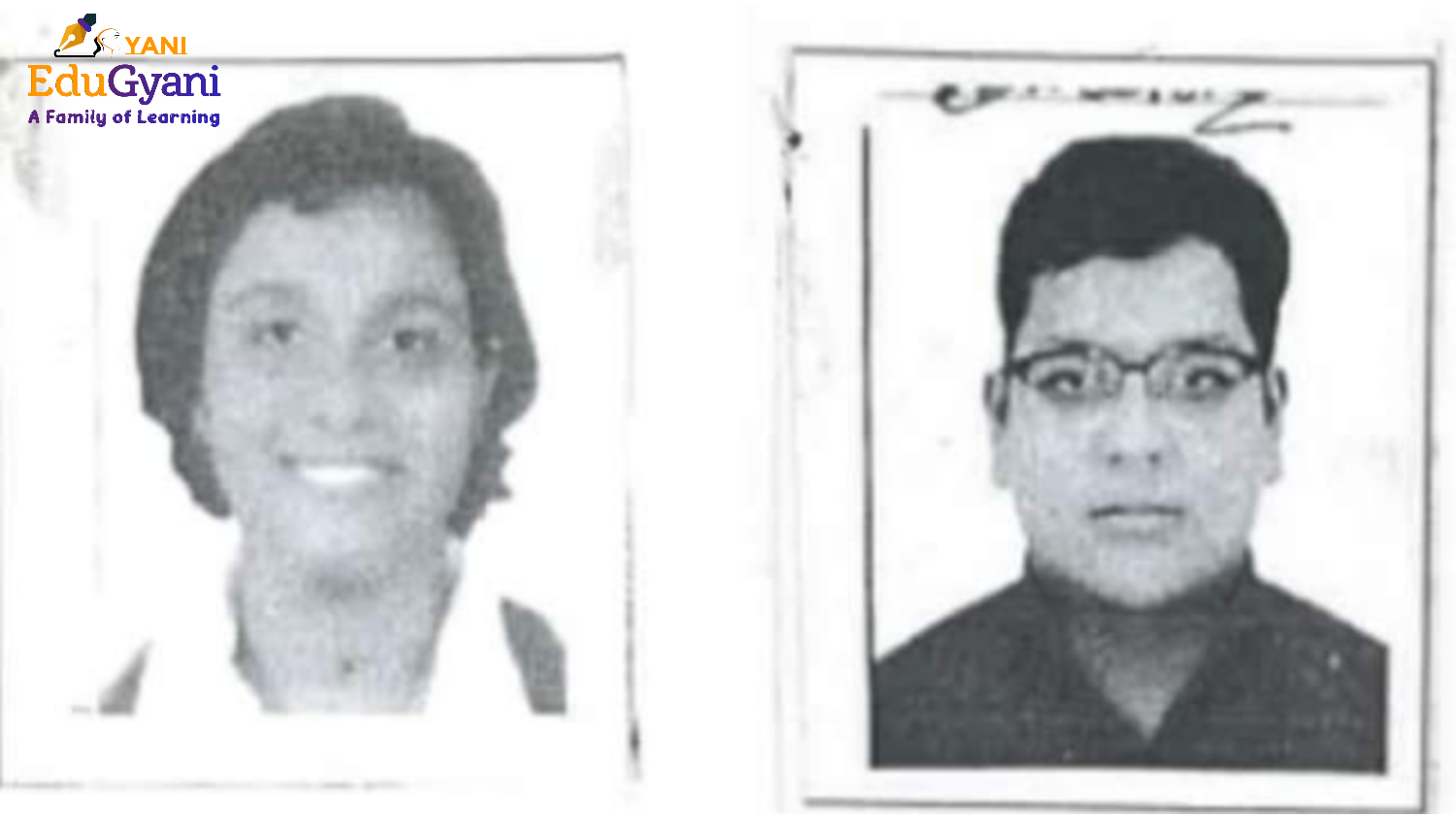Stories By Author
Delhi University’s Decision: No ‘Honours with Research’ Degree for BA, BSc, and BCom Programme Students
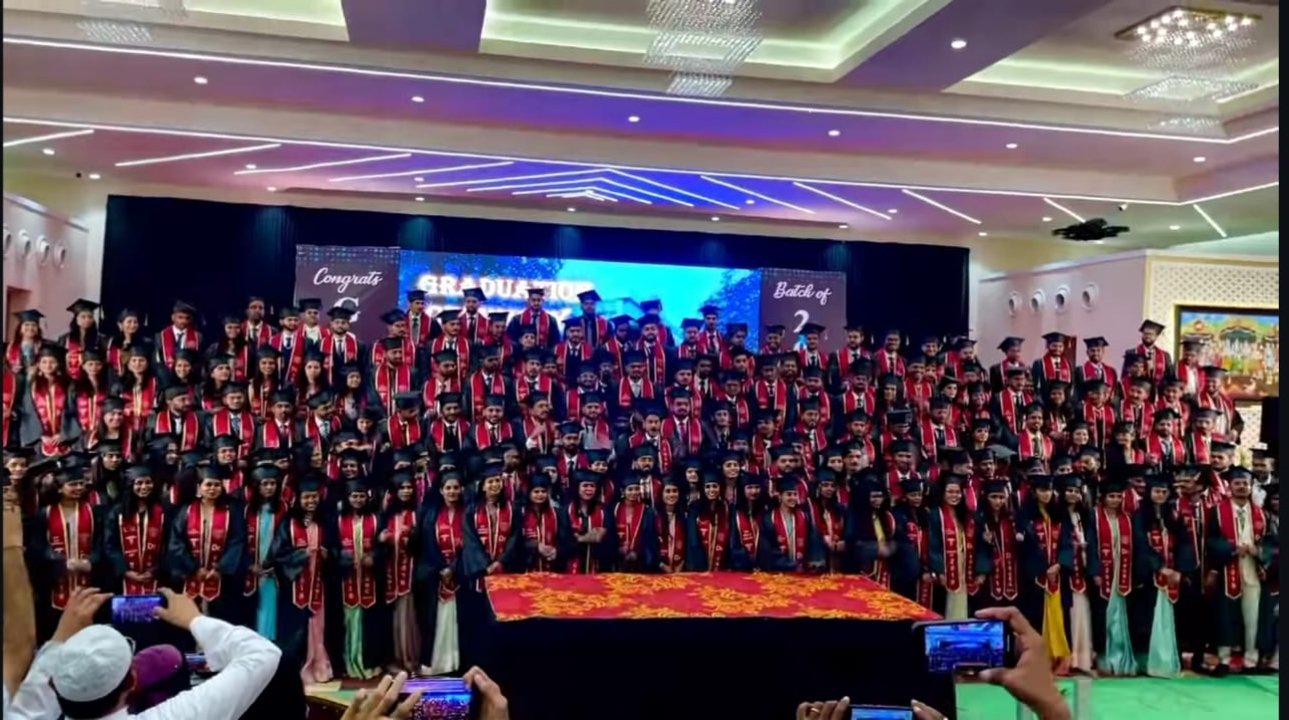
Delhi University’s Decision: No ‘Honours with Research’ Degree for BA, BSc, and BCom Programme Students.
In a significant shift in its academic policy, Delhi University (DU) has announced that students enrolled in its BA (Programme), BSc (Programme), and BCom (Programme) courses will not be awarded the prestigious “Honours with Research” degree, even if they complete a dissertation or academic project in their fourth year. This decision, aligned with the Undergraduate Curriculum Framework (UGCF) 2022 and the National Education Policy (NEP) 2020, has sparked discussions among students, educators, and academic stakeholders about its implications for undergraduate education in India’s premier institution. Instead of offering research-focused degrees to these students, DU has introduced an alternative fourth-year structure emphasizing additional electives and skill-based courses. This article explores the reasons behind this decision, its impact on students, and the broader context of DU’s academic reforms.
Background: The Four-Year Undergraduate Programme (FYUP) and Research Degrees
Delhi University, one of India’s most renowned institutions, has been at the forefront of implementing the National Education Policy (NEP) 2020, which emphasizes flexibility, multidisciplinary education, and research opportunities at the undergraduate level. Under the UGCF 2022, DU introduced the Four-Year Undergraduate Programme (FYUP), allowing students to pursue an extended academic journey culminating in an Honours degree. For students in specialized Honours courses (e.g., BA (Hons) Economics, BSc (Hons) Physics), the fourth year offers an “Honours with Research” track, where students can undertake a dissertation or academic project to earn a research-oriented degree. This track aligns with NEP’s goal of fostering research skills among undergraduates, preparing them for advanced studies or careers in academia and innovation.
However, for students in the broader, less specialized BA (Programme), BSc (Programme), and BCom (Programme) courses, DU has opted not to extend this research-focused degree. Instead, these students will receive a standard Honours degree upon completing their fourth year, even if they choose to undertake a dissertation or academic project. This decision has raised questions about equity in academic opportunities and the feasibility of implementing research tracks for large cohorts of students.
Why No ‘Honours with Research’ for Programme Courses?
The decision to exclude BA, BSc, and BCom Programme students from the “Honours with Research” degree stems from logistical and administrative challenges, particularly for large cohorts such as those enrolled through the School of Open Learning (SOL) and the Non-Collegiate Women’s Education Board (NCWEB). According to DU’s official statements, implementing research tracks for these students is “challenging” due to the sheer number of students involved.
- Large Cohort Sizes: DU’s Programme courses, especially through SOL and NCWEB, cater to thousands of students annually. For instance, SOL alone enrolls lakhs of students, many of whom pursue flexible, distance-learning options. Managing research projects or dissertations for such a large and diverse student body would require significant resources, including faculty supervision, research infrastructure, and evaluation mechanisms, which DU has deemed impractical.
- Administrative Feasibility: The standard FYUP structure offers three tracks for fourth-year students: dissertation writing, academic projects, and entrepreneurship. While these tracks are feasible for smaller, specialized Honours cohorts, scaling them to Programme courses poses logistical hurdles. DU noted that “operationalizing” these tracks for Programme students would be difficult, prompting the university to design an alternative structure.
- Focus on Practical Skills: Instead of research, DU has prioritized Discipline-Specific Electives (DSEs) and skill-based courses for Programme students in their fourth year. This alternative structure includes 22 credits per semester, combining core papers, electives, general education components, and 2-credit skill-based modules such as laboratory work, hands-on training, or workshops. The goal is to equip students with practical, industry-relevant skills, particularly for those in large cohorts who may not pursue research-oriented careers.
- Equity and Accessibility: By replacing research tracks with electives and skill courses, DU aims to ensure accessibility for students from diverse backgrounds, including those in SOL and NCWEB who may lack the resources or time to engage in intensive research. This move aligns with DU’s commitment to inclusivity, as articulated in its vision to make higher education accessible across India’s socioeconomic spectrum.
Implications for Students
The decision has sparked mixed reactions among students and educators. Here are some key implications:
- Limited Research Opportunities: Students in Programme courses who aspire to pursue research or advanced studies may feel disadvantaged by the lack of an “Honours with Research” degree. While they can still undertake dissertations or projects, the absence of formal recognition may reduce the perceived value of their efforts, particularly for those aiming for competitive postgraduate programs or academic careers.
- Skill-Oriented Education: The alternative fourth-year structure emphasizes practical skills, which could benefit students seeking immediate employment in fields like commerce, administration, or technical roles. For instance, BCom (Programme) students may find the additional electives and skill-based courses (e.g., in accounting or financial analysis) more aligned with industry demands.
- Equity vs. Aspiration: While the decision aims to accommodate large cohorts, it may inadvertently create a two-tier system within DU, where Honours students have access to research-oriented degrees, but Programme students do not. This could exacerbate perceptions of inequality, particularly for students in SOL and NCWEB, who often come from marginalized or non-traditional academic backgrounds.
- Impact on SOL and NCWEB: The School of Open Learning and Non-Collegiate Women’s Education Board serve a significant portion of DU’s student population, including working professionals, women, and students from economically disadvantaged backgrounds. The alternative structure is designed to cater to their needs, offering flexibility and practical training. However, critics argue that excluding these students from research tracks may limit their exposure to critical thinking and innovation, key components of NEP 2020.
Broader Context: DU’s Academic Reforms and NEP 2020
Delhi University’s decision must be viewed within the broader context of its ongoing efforts to align with NEP 2020. The policy envisions a transformative approach to higher education, emphasizing multidisciplinary learning, skill development, and research opportunities. DU has already implemented several reforms, including:
- Four-Year Undergraduate Programme (FYUP): Introduced under UGCF 2022, FYUP allows students to exit after one year (certificate), two years (diploma), three years (degree), or four years (Honours degree). The “Honours with Research” option is reserved for specialized Honours students completing the fourth year with a research focus.
- CUET-Based Admissions: Since 2022, DU has shifted to the Common University Entrance Test (CUET) for undergraduate admissions, moving away from Class 12 merit-based criteria. This change aims to standardize admissions and ensure alignment with students’ academic backgrounds. For instance, BCom (Hons) no longer requires Mathematics in Class 12, broadening access to the program.
- Skill Enhancement and Flexibility: DU’s emphasis on Discipline-Specific Electives and skill-based courses reflects NEP’s focus on preparing students for diverse career paths. The alternative fourth-year structure for Programme students is a step toward this goal, prioritizing employability over research for certain cohorts.
Critical Analysis: Balancing Scale and Quality
While DU’s decision addresses logistical challenges, it raises questions about the university’s ability to uphold NEP’s vision of universalizing research opportunities. The exclusion of Programme students from “Honours with Research” degrees could reinforce a hierarchy between specialized Honours and general Programme courses, potentially undermining the goal of equitable education. Critics argue that DU could invest in scalable research frameworks, such as group projects or online mentorship, to accommodate larger cohorts without compromising quality.
On the other hand, DU’s focus on skill-based education is pragmatic, given the diverse career aspirations of its students. For instance, BCom (Programme) graduates often pursue roles in banking, finance, or entrepreneurship, where practical skills like auditing or data analysis are more immediately relevant than research expertise. By tailoring the fourth-year curriculum to these needs, DU ensures that its graduates remain competitive in the job market.
Conclusion
Delhi University’s decision to exclude BA, BSc, and BCom (Programme) students from the “Honours with Research” degree reflects a pragmatic approach to managing large cohorts while aligning with NEP 2020’s emphasis on flexibility and skill development. However, it also highlights the challenges of scaling research opportunities in a university with over 7 lakh students across 90 colleges and 86 departments. While the alternative fourth-year structure offers valuable electives and skill-based courses, it may limit the academic aspirations of students interested in research. As DU continues to refine its UGCF, striking a balance between inclusivity, scalability, and academic excellence will be crucial to ensuring that all students—regardless of their program—have access to transformative educational opportunities.
For students seeking more information, DU’s official website (www.du.ac.in) and the CSAS portal (admission.uod.ac.in) provide updates on admissions, curriculum, and eligibility criteria. As the university navigates these changes, the voices of students, particularly those from SOL and NCWEB, will be critical in shaping a more inclusive and equitable academic future.

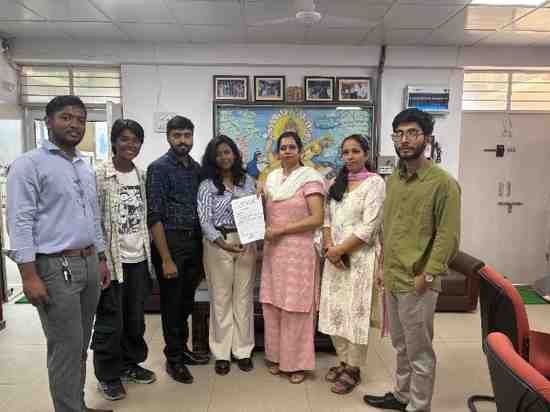

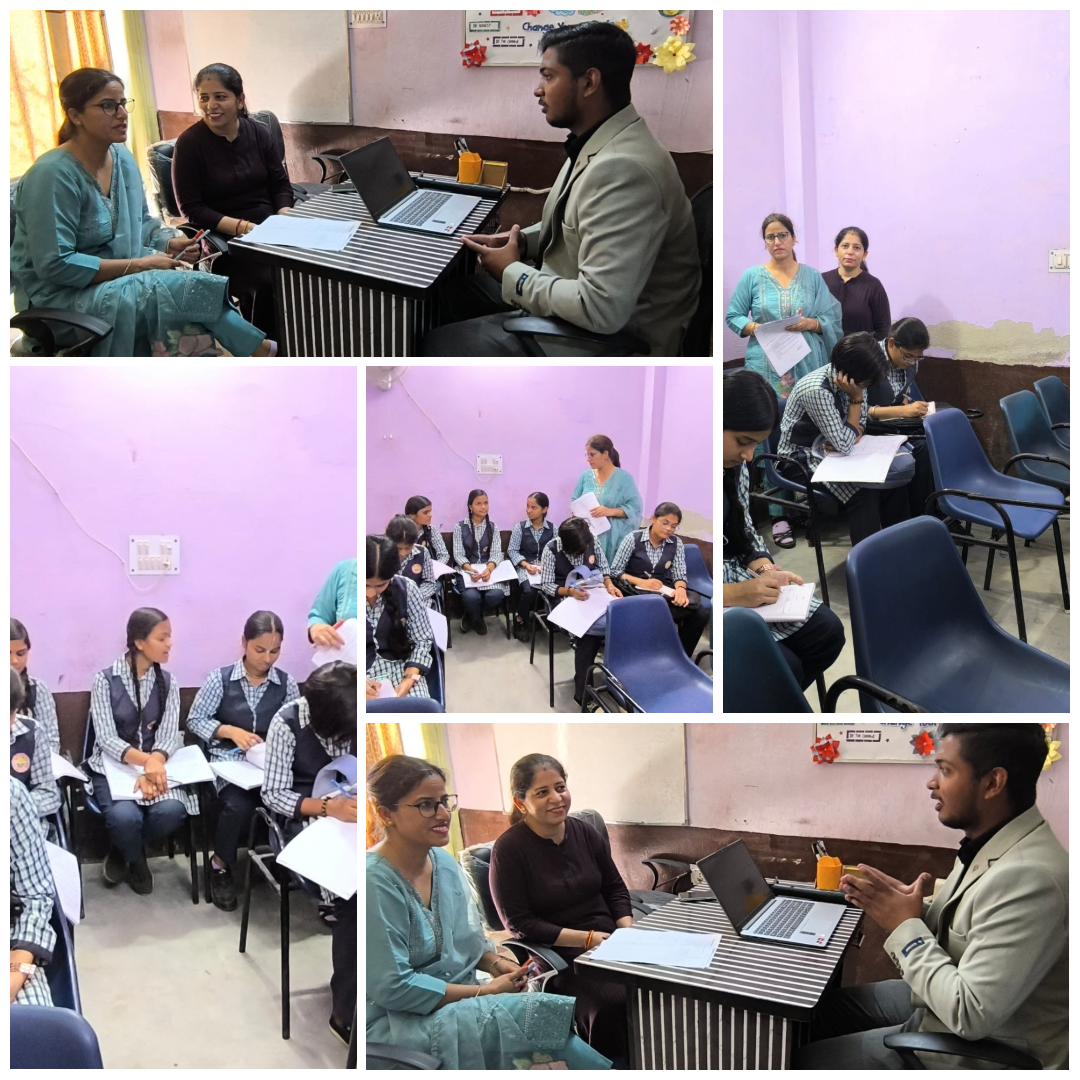







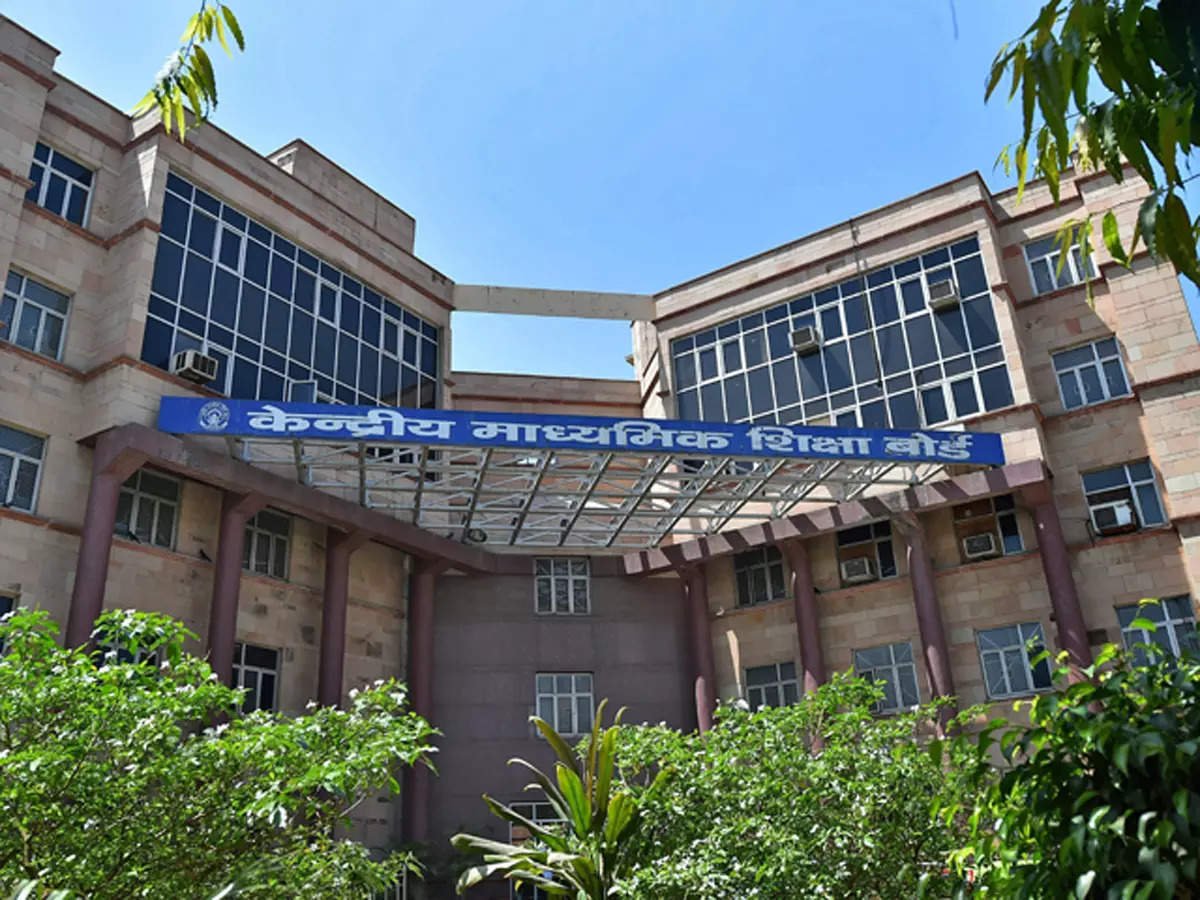

.jpeg)




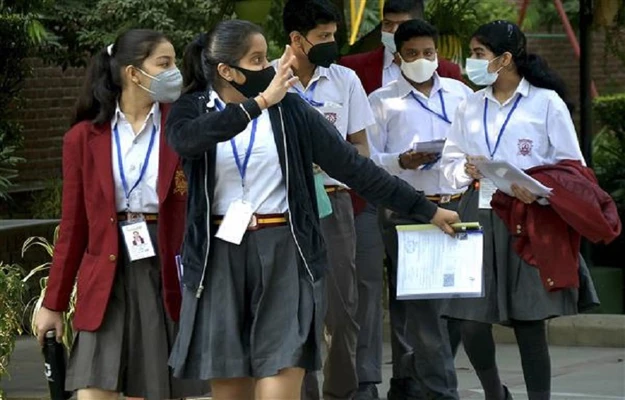


.jpeg)


